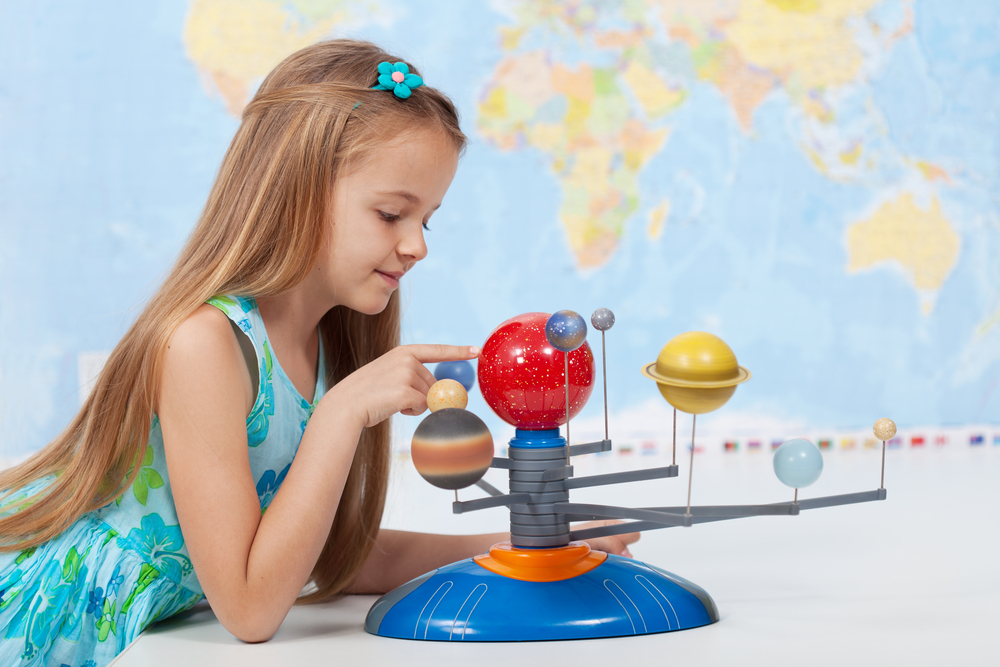Normal Alphabet worksheets activities
9 filtered results
-
From - To
Explore Our Captivating Normal Alphabet Worksheets!
Dive into the world of letters with our engaging collection of Normal Alphabet Worksheets! Designed to captivate young minds, these activities are more than just learning tools—they're an adventure into the alphabet. Perfect for early learners, our worksheets cover each letter with fun, interactive exercises. Whether it's tracing, matching, or identifying, our activities are crafted to enhance recognition skills, handwriting, and overall literacy. Ideal for both classroom and home settings, these worksheets offer a balanced mix of education and entertainment. Embark on a journey through the alphabet with our Normal Alphabet Worksheets and watch as your child discovers the joy of learning letter by letter!


Phonics and Word Recognition: Assessment 1 ELA Worksheet


Phonological Awareness: Assessment 1 Worksheet


Phonics and Word Recognition: Assessment 3 Worksheet


Phonics and Word Recognition: Assessment 2 Worksheet


Phonics and Word Recognition: Assessment 1 Worksheet


Long and Short Vowel Sentences: Assessment Worksheet


Rhyming Words: Assessment Worksheet


Vowel and Consonant Sounds: Assessment Worksheet


Let's Check Long Vowels: Assessment Worksheet
Normal Alphabet worksheets activities are an incredibly useful tool in the foundational stages of literacy education for numerous reasons. These activities are designed to introduce young learners to the basics of reading and writing, starting with the most crucial element: the alphabet. Let's delve into why incorporating Normal Alphabet worksheets into learning routines is so beneficial.
First, they provide a structured method for learning the alphabet, ensuring that children are exposed to each letter in a consistent and comprehensive manner. This is critical for memory retention and for establishing a strong foundation upon which to build more advanced literacy skills. Each worksheet can focus on a different letter, allowing children to spend necessary time understanding its shape, sound, and how it interacts within words.
Moreover, Normal Alphabet worksheets activities cater to a variety of learning styles. Whether a child learns best through visual representation, hands-on practice, or auditory cues, worksheets can be adapted to meet these needs. For example, activities often include tracing letters, which improves fine motor skills and letter recognition, and matching letters with pictures, which enhances memory and understanding of initial sounds.
Another significant advantage is the reinforcement and repetition these worksheets provide. Repetition is key in the learning process, especially for young learners who are just beginning to grasp the concepts of letters and sounds. Through repeated exposure via various activities, children solidify their understanding and recall of the alphabet.
Furthermore, these worksheets can be incredibly engaging. They often include colorful illustrations and are designed with young learners in mind, making the learning process enjoyable and less intimidating. Engaged learners are more likely to absorb and retain information, making these activities not just educational but also effective.
In conclusion, Normal Alphabet worksheets activities are a cornerstone in early literacy education. They offer a comprehensive, adaptable, and enjoyable method of learning that ensures young students can confidently progress in their reading and writing skills. By leveraging these tools, educators and parents can provide a solid foundation for their children's future academic success.

 Assign to the classroom
Assign to the classroom












